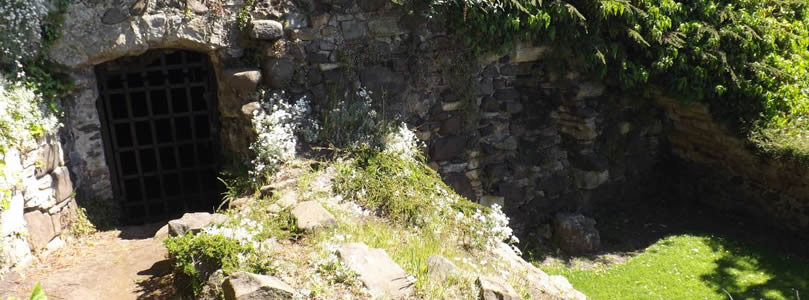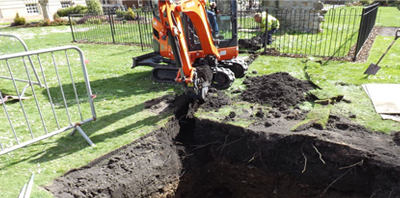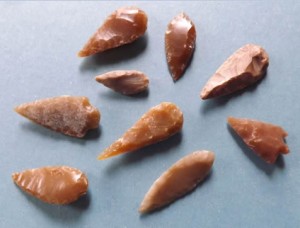SERVICES
 Consultancy
Consultancy
-
Free initial consultation giving clients an early review of possible issues deriving from their development proposals
-
Risk assessment (rapid written initial appraisal of archaeological issues associated with specific development proposals)
-
Planning advice on the archaeological or cultural heritage implications deriving from your development proposals and guidance on available mitigation options in obtaining consent or purging your archaeological planning condition
-
Negotiation on scope and scale of required archaeological work with local authority archaeological advisors and drafting of Written Schemes of Investigation (formal archaeological method statements setting out how the agreed archaeological works are to be undertaken and ultimately how the planning condition is to be satisfied)
-
Desk-based Assessments (sometimes required for larger developments or a development in an urban location). Work involves non-intrusive desk-based study collating existing archival information (monuments records, historical mapping, aerial photographs, etc) on a site and its immediate environs
-
Environmental Impact Assessment (Cultural Heritage Environmental Statement Chapters for large developments)
-
Archaeological Clerk of Works – for larger projects, ensuring fieldwork mitigation objectives are met, quality control and value for money
Fieldwork
-
 Evaluation – often the starting point in any programme of archaeological works – is designed to locate and characterize any buried archaeology within a site. It is a relatively rapid process usually involving the machine excavation of trenches amounting to sample of the total development area (usually about 5 – 10% in greenfield sites). Occasionally hand-dug trenches or geophysical survey may be required given the suspected presence of certain types of archaeology. If the evaluation finds nothing that is usually the end of any archaeological involvement in the development project.
Evaluation – often the starting point in any programme of archaeological works – is designed to locate and characterize any buried archaeology within a site. It is a relatively rapid process usually involving the machine excavation of trenches amounting to sample of the total development area (usually about 5 – 10% in greenfield sites). Occasionally hand-dug trenches or geophysical survey may be required given the suspected presence of certain types of archaeology. If the evaluation finds nothing that is usually the end of any archaeological involvement in the development project. -
Excavation – if, given positive results by the evaluation, the development proposals cannot avoid impacting on archaeological material a programme of archaeological excavation and recording will usually be required by the planning authority together with consequent post excavation analysis of recovered artefacts and publication of the results
-
Watching brief – the monitoring by an archaeologist of ground works undertaken by the developer’s principal contractor
-
Field (walkover) survey- the examination of an area of land for surface indications of archaeological sites
-
Field walking – the systematic survey of ploughed fields undertaken in identifying surface artefact scatters
-
Monument and earthwork surveys – digital (dGPS or total station) survey of individual sites
-
Standing building appraisals – the evaluation of the significance of a standing structure
Specialist Services

 When necessary we can commission a range of highly skilled freelance post-excavation and fieldwork specialists (well known to us over many years) to provide as comprehensive a service as possible,while ensuring our low overhead base means our fees can be as competitive as any.
When necessary we can commission a range of highly skilled freelance post-excavation and fieldwork specialists (well known to us over many years) to provide as comprehensive a service as possible,while ensuring our low overhead base means our fees can be as competitive as any.